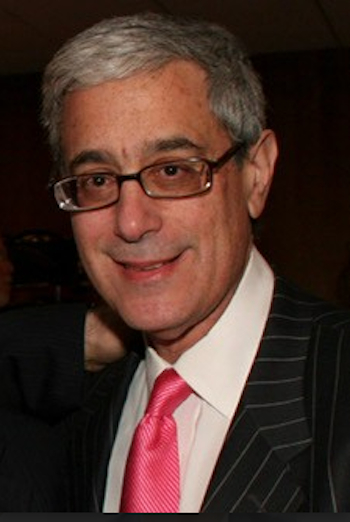The Brooklyn ‘Court Street Lawyer’ gains partial acceptance, but still snubbed

Steve Cohn, Eagle file photo
A Brooklyn “Court Street lawyer” is not merely an attorney with an office on the long Brooklyn Heights block, which is known as prime office real estate for the borough’s legal community due to its close proximity to all Brooklyn courthouses.
“When people say ‘Court Street lawyer,’ they generally mean a street-smart sharpie who may not have an Ivy League degree, but does possess verve, hustle and a striver’s charisma,” a Dec. 12 New York Times article quoted.
Some of Brooklyn’s actual Court Street attorneys were flattered by the Times’ description.

Brooklyn Heights
View MoreRead the Brooklyn Height's Press and Cobble Hill News. Find out more about Brooklyn Height's History here.